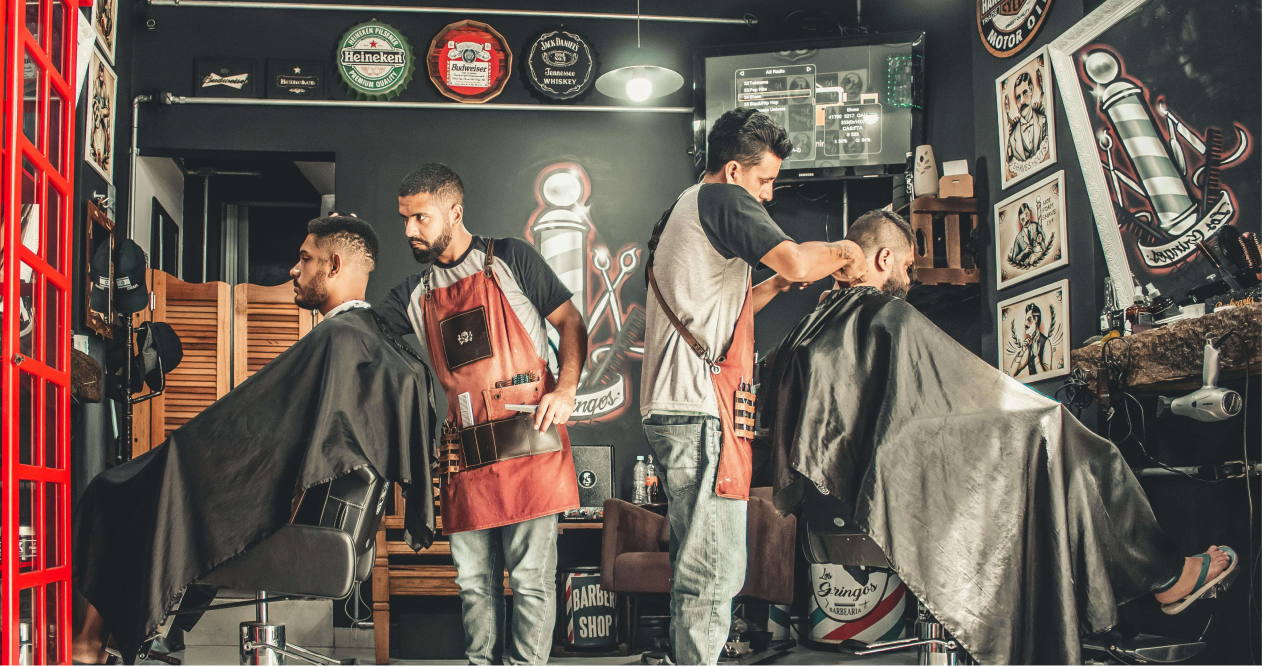Energy efficiency is no longer a choice; it’s a necessity for businesses in the retail and hospitality sectors. Rising operational costs, sustainability goals, and seasonal fluctuations make improving energy efficiency an essential step in balancing profitability with environmental responsibility.
To help businesses take control of their energy usage, this practical energy efficiency checklist outlines actionable steps designed to reduce waste, lower costs, and enhance performance. Whether you’re managing a restaurant, hotel, or retail store, each solution can be tailored to suit your specific needs.
1. Conduct an energy audit to identify areas of wastage
The first step in improving energy efficiency is identifying where your current systems may be falling short. An energy audit provides a clear picture of how electricity is consumed across your operations and highlights inefficiencies.
Key tips for performing an energy audit:
- Examine high-use areas such as air conditioning systems, refrigeration, and cooking appliances.
- Identify equipment running during off-hours that could be powered down.
- Evaluate your building’s insulation and HVAC systems for possible upgrades.
If this sounds overwhelming, consider working with a trusted energy expert like Zembl. They can analyse your energy usage and provide detailed insights into where you’re losing money, all while suggesting practical steps to eliminate waste.
2. Optimise your lighting systems for efficiency
Lighting is often an underestimated energy expense, particularly in businesses such as retail stores and cafés that rely on attractive ambiance. Switching to modern, energy-efficient lighting options like LEDs can drastically reduce your lighting costs without compromising brightness or quality.
How to optimise your lighting:
- Replace old incandescent bulbs with LEDs, which use up to 90% less energy and last much longer.
- Install timers or motion sensors in areas like stockrooms, hallways, or restrooms to avoid unnecessary electricity use.
- Make the most of natural daylight where possible by adjusting layouts to maximise brightness.
The cost savings from these upgrades can quickly add up, and in some cases, you may even qualify for government incentives to offset upfront costs. Leveraging Zembl’s expertise can help you identify such opportunities and simplify the switch.
.png)
3. Service kitchen appliances to enhance their energy efficiency
For businesses in the hospitality space, kitchens are often the heart of operations, and a significant drain on energy resources. Ovens, dishwashers, fridges, and other appliances can become less efficient over time if not properly maintained. Periodic servicing ensures your kitchen equipment operates at peak efficiency.
Maintenance tips:
- Schedule regular servicing to clean components and address wear and tear early.
- Replace aging appliances with energy-efficient models certified by sustainability programs.
- Implement routine checks, such as cleaning filters in air-conditioning units or inspecting fridge seals, to prevent energy leaks.
Zembl's comprehensive approach not only includes insights into current energy performance but also connects you with trusted partners for appliance upgrades or servicing.
4. Incorporate smart energy management systems
Smart technology is transforming how businesses monitor and optimise energy use. Incorporating energy management systems allows you to track and control consumption in real time, responding dynamically based on demand and operational hours.
Why go smart?
- Systems like Power Factor Correction (PFC) units ensure equipment uses electricity efficiently, reducing wasted energy.
- Smart controls automate energy-intensive equipment, ensuring they only operate during optimal times.
- Data insights help uncover patterns of usage, enabling informed decisions about cost-saving adjustments.
Zembl’s partnerships with advanced energy intelligence platforms make it easy to analyse meter data and unlock actionable insights for greater efficiency.
5. Leverage government incentives for energy improvements
Governments around Australia offer a variety of initiatives designed to reward businesses for implementing energy-efficient systems. These incentives can significantly reduce the upfront cost of upgrades, making it more accessible to invest in changes like LED lighting, solar panels, or smart energy solutions.
Steps to take advantage:
- Research programs available in your state or local area, such as rebates on energy-efficient lighting.
- Identify eligibility requirements and ensure your business’s upgrades align with government-approved criteria.
- Consult an energy expert like Zembl to streamline applications and ensure compliance.
By navigating these programs with Zembl’s professional guidance, you can make cost-effective, sustainable choices for your business.
Why Zembl is your ultimate energy efficiency partner
Optimising energy use isn’t just about cutting costs; it’s about building a sustainable, future-ready business. Yet the process can feel complex without the right expertise. That’s where Zembl steps in to turn energy goals into a simple, structured plan of action.
Here’s how Zembl can support your journey:
- Tailored consultancy to uncover inefficiencies and suggest improvements based on real energy data.
- Streamlined implementation of cost-effective solutions matched to your business size and scale.
- Full management support, from audits to contract negotiations, reducing stress for busy operators.
.png)
Start improving your energy efficiency today
Taking steps to boost energy efficiency is easier than you might think when you follow a structured checklist. By completing these steps, starting with an audit and ending with smart energy solutions, you can enjoy significant savings, reduce waste, and support your business’s wider sustainability goals.
Don’t wait for your next energy bill to spotlight inefficiencies. Get in touch with Zembl today for expert energy advice and solutions tailored to your business needs. Together, you can build a more efficient, profitable, and impactful operation.
Download our full Retail & Hospitality Energy Guide here.



.png)
.png)





.svg)
.svg)